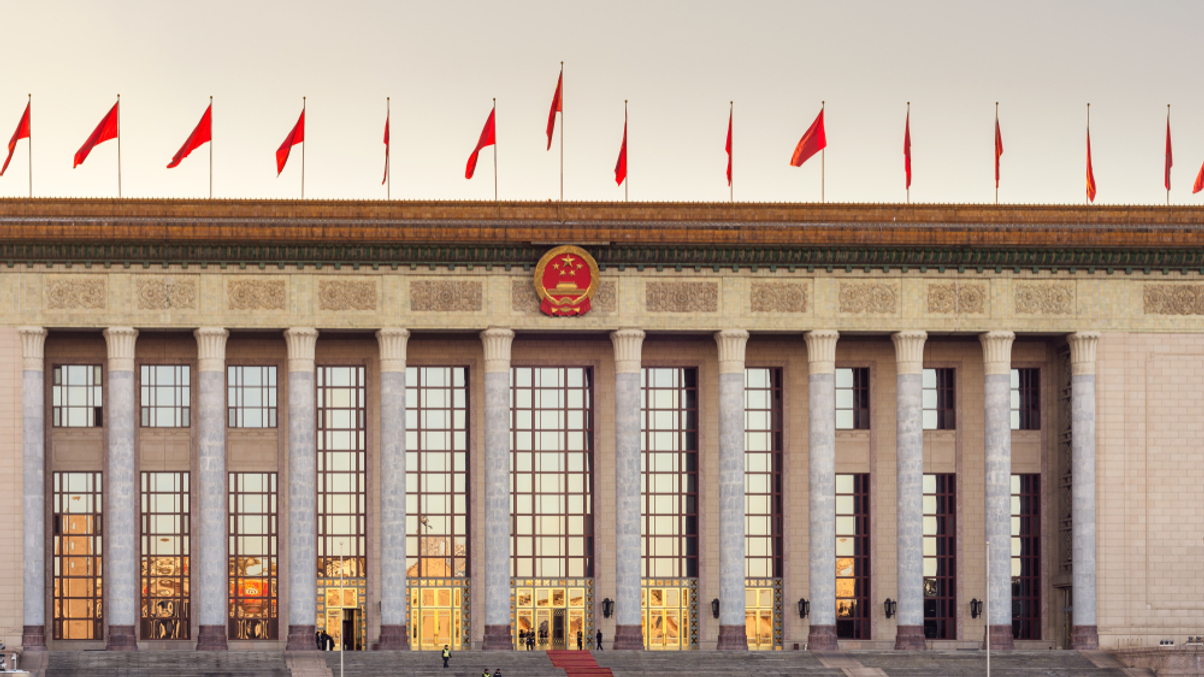How China's Party Congress is less about 'reform' and more about 'security'
Investors looking for signs of loosening may have been disappointed by China's critical plenum, but all eyes are now on the reshuffle of the Standing Committee unveiled Sunday for future political direction.

As always with the National Congress of the Communist Party of China - the twice-a-decade party congress that dictates economic and political direction for the world's second largest economy - it's the spaces in between the pronouncements that speak loudest.
Sign in to read on!
Registered users get 2 free articles in 30 days.
Subscribers have full unlimited access to AsianInvestor
Not signed up? New users get 2 free articles per month, plus a 7-day unlimited free trial.
¬ Haymarket Media Limited. All rights reserved.


